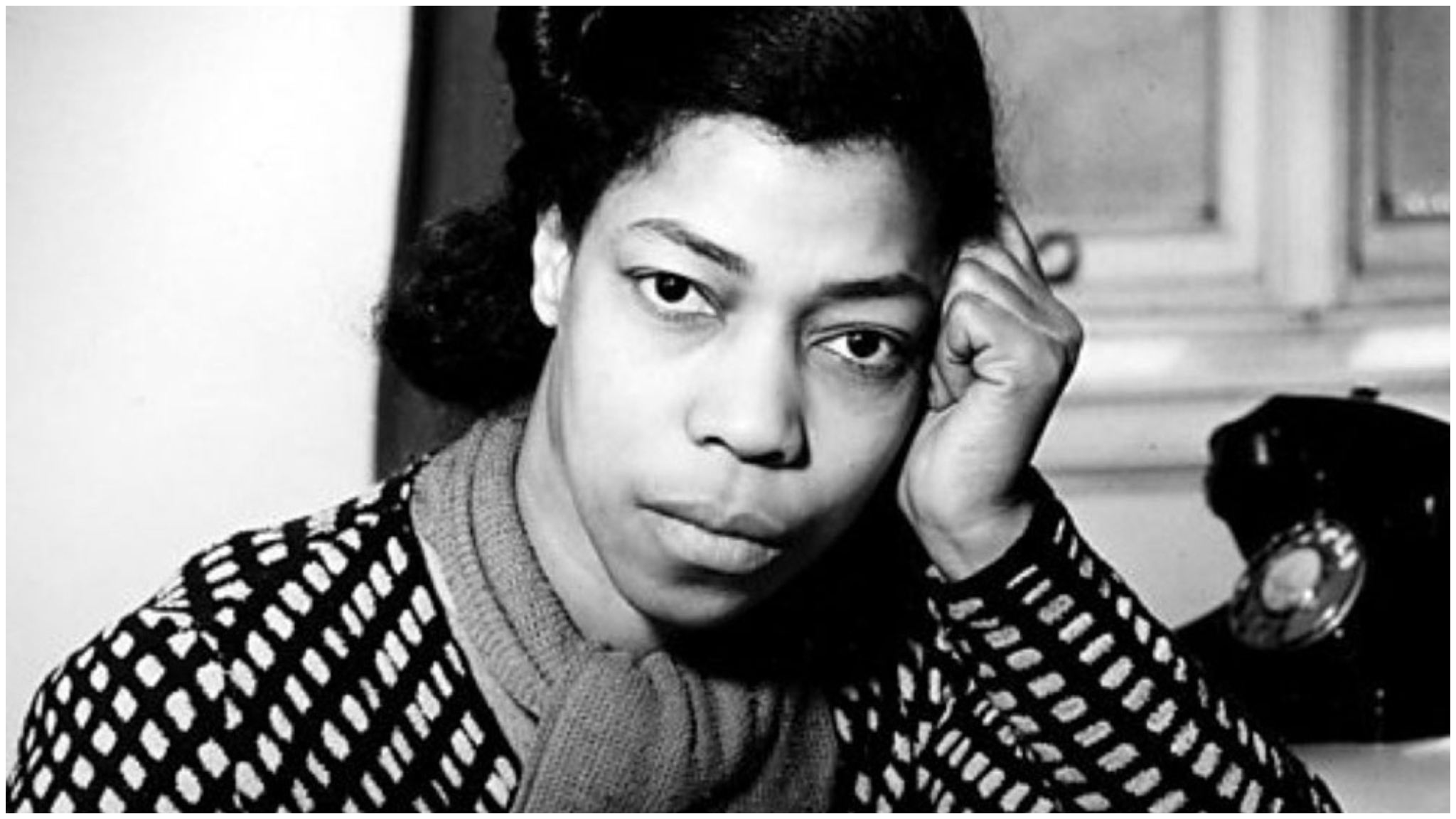Una Marson broke barriers as the first Black woman employed by the BBC during World War II. The Jamaican writer, feminist, and activist transformed radio programming through her influential show “Caribbean Voices.” Her groundbreaking work created a platform for Caribbean literature and helped launch numerous literary careers.
Despite her tremendous impact, Marson’s contributions were nearly forgotten until recent years. New recognition has emerged through documentaries, books, and even the naming of a library in her honor. Her story represents a crucial chapter in Black British history that deserves wider acknowledgment.
BBC Pioneer: Breaking Color Barriers in British Broadcasting
Una Maud Victoria Marson joined the BBC in 1941 to work on “Calling the West Indies,” a program where World War II soldiers had messages read on air to their families. By 1942, she had become the producer and transformed the show into “Caribbean Voices.” This revolutionary program provided a crucial forum for Caribbean literary work to reach international audiences.
Through her BBC position, Marson connected with influential figures including George Orwell, T.S. Eliot, and Langston Hughes. Orwell even helped her edit the program before it evolved into “Caribbean Voices.” Her work at the BBC wasn’t merely professional advancement – it represented a significant breakthrough for representation in British media.
Jamaican Roots: Early Life and Literary Beginnings
Born on February 6, 1905, in Santa Cruz, Jamaica, Marson grew up in a middle-class family with her Baptist pastor father. She developed a love for reading at an early age, primarily consuming English classical literature. After her father died when she was ten, financial difficulties forced her family to relocate to Kingston.
Marson began her career in journalism, becoming assistant editor of the Jamaican political journal “Jamaica Critic” in 1926. Her ambition quickly led her to become Jamaica’s first female editor and publisher when she launched “The Cosmopolitan” in 1928. The magazine boldly addressed feminist topics, local social issues, and workers’ rights.
Feminist Pioneer: Challenging Gender and Racial Norms Through Poetry
Marson published her first collection of poems, “Tropic Reveries,” in 1930, which won the prestigious Musgrave Medal from the Institute of Jamaica. Her early poetry often explored themes of love and nature with feminist undertones. A year later, she published “Heights and Depths,” further developing these themes.
Her experience of racism and sexism in Britain transformed her writing. Poems like “Nigger” (1933) and later works in “Moth and the Star” (1937) directly confronted racial prejudice. Her poetry challenged European beauty standards, encouraging Black women to embrace their natural beauty in poems like “Cinema Eyes,” “Little Brown Girl,” and “Kinky Hair Blues.”
Breaking Ground: From Jamaica to London’s Literary Scene
Marson’s first play, “At What a Price” (1931), boldly examined interracial relationships. It told the story of a Jamaican girl who moves to Kingston to work as a stenographer and falls in love with her white male boss. The play achieved critical acclaim both in Jamaica and London.
When Marson arrived in London in 1932, she encountered the harsh realities of the color bar that restricted employment opportunities. She stayed with Harold Moody, founder of civil rights organization The League of Coloured Peoples. The League sponsored her play’s London production in 1932-33, marking her entrance into British cultural spaces.
Global Activism: Fighting for Women’s Rights and Racial Equality
Beyond her writing, Marson actively engaged in feminist and anti-racist movements. She joined the London branch of the International Alliance of Women, a global feminist organization. By 1935, she was involved with their work based in Istanbul, demonstrating her international commitment to women’s rights.
Upon returning to Jamaica in 1936, she founded the Jamaica Save the Children Fund to provide poor children with basic education. Throughout her career, she moved between Jamaica and London, applying her experiences to advance both feminist and anti-racist causes. Her dual struggle against sexism and racism made her what biographer Delia Jarrett-Macauley called “the first Black British feminist to speak out against racism and sexism in Britain.”
Literary Legacy: Creating Space for Caribbean Voices
Marson’s efforts to promote Caribbean literature extended beyond her own writing. In Jamaica, she helped create the Kingston Readers and Writers Club and the Kingston Drama Club. These organizations fostered local literary talent and created community among Jamaican writers.
Her radio program “Caribbean Voices” became perhaps her most significant contribution to Caribbean literature. The program provided a platform for emerging Caribbean writers to reach international audiences. After Marson’s departure, Henry Swanzy took over production, but the foundation she built continued to influence Caribbean literary development for years.
Later Years: Continued Advocacy Despite Personal Struggles
Details of Marson’s life after 1945 remain limited and sometimes contradictory. She published “Towards the Stars,” her final poetry collection, in 1945. These poems shifted focus from female sadness over lost love to celebrating independent womanhood, reflecting her evolving feminist perspective.
Some sources indicate Marson suffered mental health challenges in her later years. Other accounts mention her founding Pioneer Press in Jamaica to publish local authors. Despite personal difficulties, she reportedly continued advocating against discrimination, including speaking out for Rastafarians in Jamaica. She died on May 6, 1965, in Kingston at age 60.
Renewed Recognition: Rediscovering a Forgotten Pioneer
Recent years have brought new attention to Marson’s groundbreaking work. In 1998, Delia Jarrett-Macauley published “The Life of Una Marson, 1905-1965,” the first full-length biography. Google honored Marson with a Google Doodle on October 10, 2021, introducing her to millions worldwide.
In 2022, a television documentary titled “Una Marson, Our Lost Caribbean Voice” aired on BBC Two. Produced by Lenny Henry’s company, the film featured dramatizations of Marson’s life. Most recently, Southwark Council in London opened the Una Marson Library near Old Kent Road on February 2, 2024, recognizing her as a “local hero.”
Una Marson’s pioneering spirit created pathways for Black women in media and literature. Her dedication to amplifying Caribbean voices and challenging racial and gender barriers continues to inspire. Through recent recognition efforts, her important legacy is finally receiving the attention it deserves.




